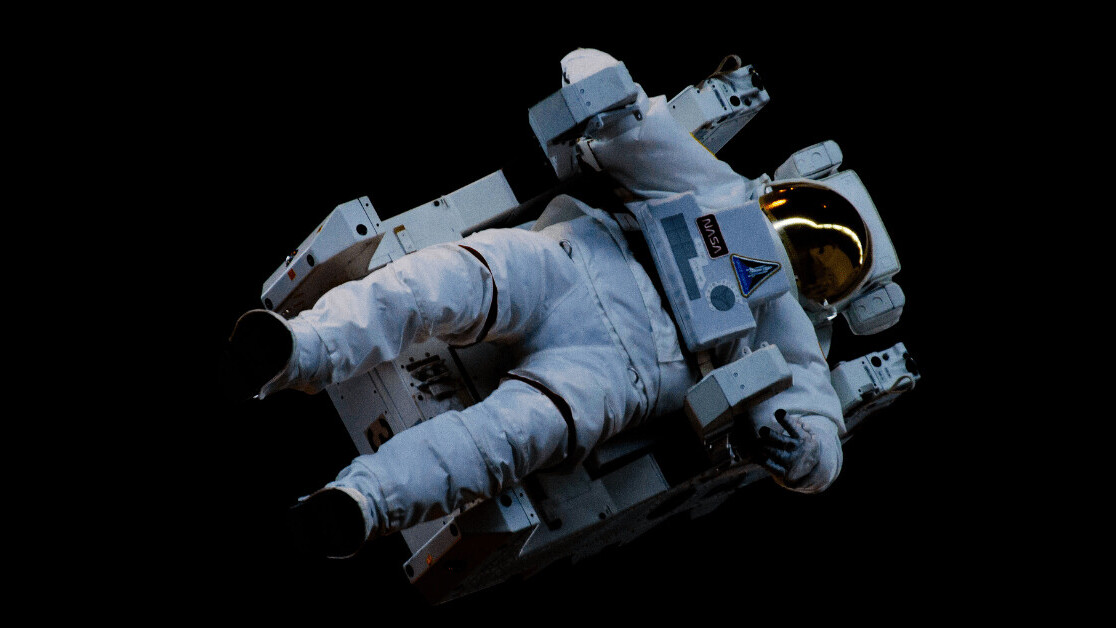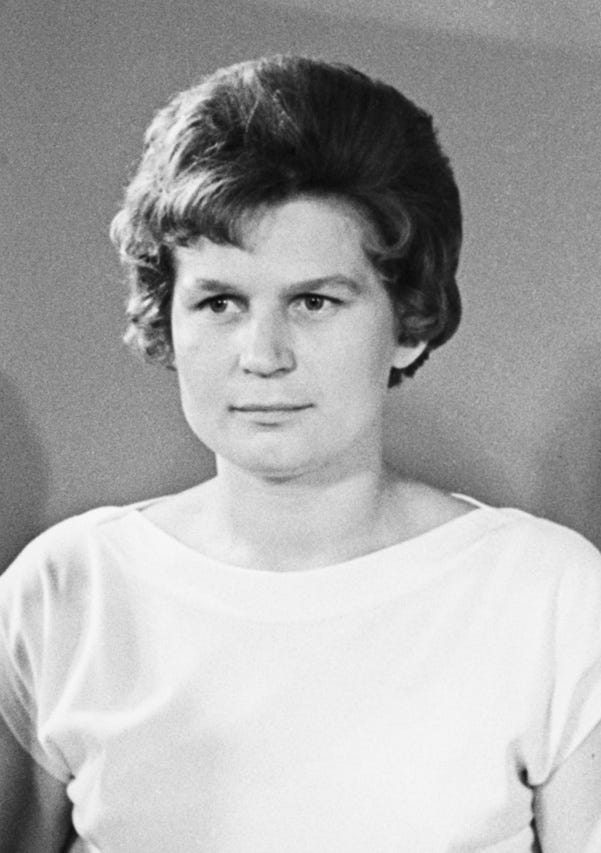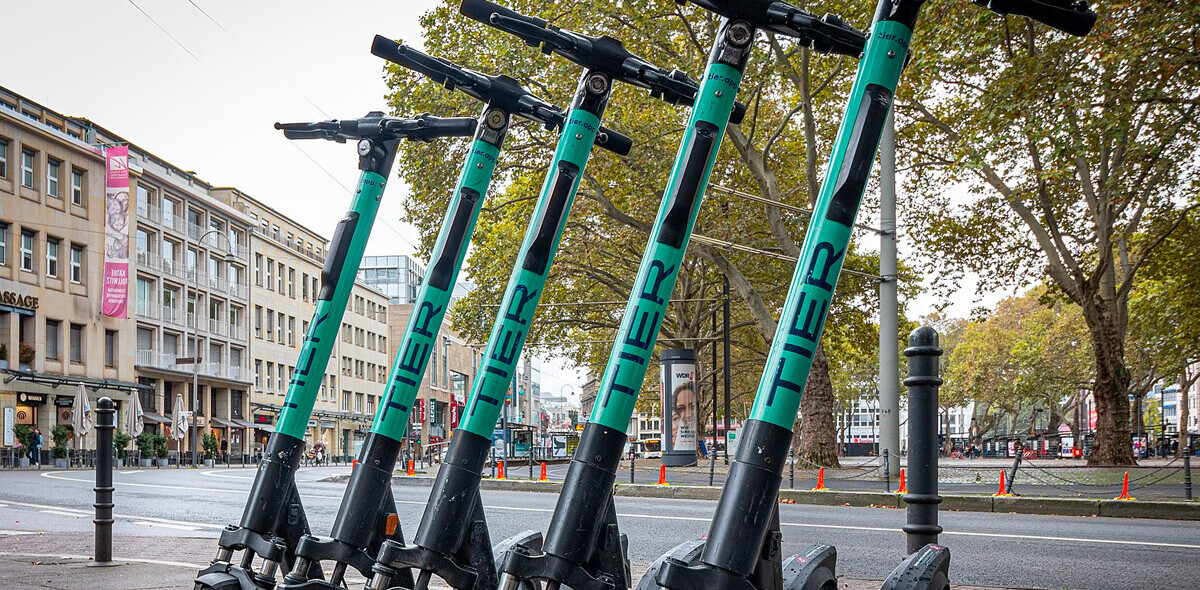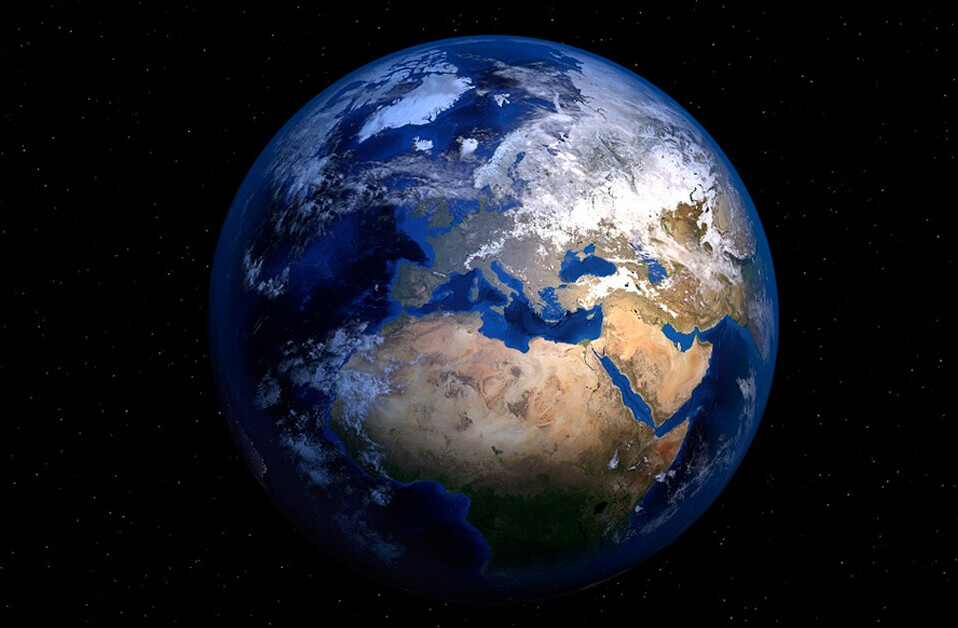Are women better astronauts than men? This question will become central to the selection of crews to the Moon, Mars, and beyond as we undertake the colonization of space.
In the struggle for gender equality, women have already proven they are capable of doing anything — including conquering space, showing that not even the sky is the limit for their success.
[Read: Meet Alyssa Carson, the 18-year-old training to become the first human on Mars]
“The first all-women spacewalk at the International Space Station was carried out in October of 2019 and many other milestones have already been accomplished by women astronauts. But there has yet to be a first woman on the moon (or on Mars),” Katharina Buchholz writes for Statista.
The first woman in space
Valentina Vladimirovna Tereshkova was born in Russia, in 1937. At the age of 18, working at a textile factory, she designed parachutes to aid her love of skydiving.
In the early 1960’s, the Soviet and American space programs were each engaged in reaching milestones in space exploration, attempting to upstage their adversary. Striving to beat the United States in sending the first woman in space, Soviet officials selected Tereshkova to become the first woman in space.
Tereshkova was launched into space on June 16, 1963, aboard the spacecraft Vostok 6. After 3 days, Vostok 6 reentered the atmosphere, culminating in Tereshkova successfully parachuting to Earth after ejecting at 20,000 feet. (This was standard for cosmonauts at the time).
“After her historic space flight, Valentina Tereshkova received the Order of Lenin and Hero of the Soviet Union awards… In 1966, Tereshkova became a member of the Supreme Soviet, the USSR’s national parliament, and she served as the Soviet representative to numerous international women’s organizations and events. She never entered space again, and hers was the last space flight by a woman cosmonaut until the 1980s,” The History Channel reports.
Although women successfully trained as American astronauts in the 1960’s, It took 15 years for the U.S. to fully accept women in their astronaut corps. In 1978, NASA approved six women to become the first woman astronauts of the U.S. space program.
One of them was Sally Ride, a doctor in physics who became part of the STS-7 crew on April 30, 1982, serving as a mission specialist. She was also the first American woman astronaut to return to space a second time, in 1984.
“Ride again made history when she became the first American woman to fly to space a second time on October 5, 1984, on shuttle mission STS-41G, where she was part of a seven-member crew that spent eight days in space. Another woman, mission specialist Kathryn D. Sullivan, was also part of that crew, making it the first NASA space flight with two women aboard (Sullivan became the first American woman to walk in space during that mission),
The History Channel reports.
After that, more than 59 women including cosmonauts, astronauts, payload specialists, and foreign nationals have flown in space, and several other women astronauts are now preparing to take their first flight beyond Earth.
Despite enormous progress, since Sally Ride took her first flight, over 80% of the astronauts are still men. The 2013 class of incoming astronauts were the first to reach a 50/50 division of women to men.
Advantages of flying women astronauts
There are some reasons suggesting that women astronauts may perform better than men in some respects, including:
- Women are lighter: Sending too much weight to space requires fuel, costing a lot of money. Having more women on the crew could help reduce the cost of space travel.
- Women eat fewer calories and use fewer resources: When you plan to send humans to Mars, it may be a good idea to have more women on the crew because they require 15 to 25% fewer energy calories than men. They also expend less energy despite possessing similar activity levels. Additionally, because women are (on average) smaller than men, they produce less waste (CO2 and body excretions), making it easier for the spacecraft systems to recycle it.
- Space traveling affects men and women differently: Due to the effects of microgravity and radiation, space-traveling can have several implications on astronaut’s health. It seems that men are less affected by space motion sickness than women, but men are quicker to experience diminished hearing. Men also have a higher risk of vision problems, while women tend to have more urinary tract infections.
- Women can give birth: One idea for the long-term colonization of space is to send an all-women crew to Mars or other colonies. This would reduce travel costs, as an all-women crew to reproduce over time through artificial means.
“More significantly, men tend to have problems with deteriorating vision, which women don’t experience as often or as severely. NASA astronaut Scott Kelly — who has spent a cumulative 520 days in space and has the eye problems to prove it — half-jokingly wrote in his autobiography that if scientists can’t figure out what’s causing those eye issues, ‘we just might have to send an all-women crew to Mars,’” Nadia Drake writes for National Geographic.
Women have already proven to be great astronauts. However, there have not yet been enough studies to conclude whether or not women should make up most — or all — of the first colonists to space.
This article was originally published on The Cosmic Companion by Dr. Ana Luiza Dias and James Maynard. You can read this original piece here.
Astronomy News with The Cosmic Companion is also available as a weekly podcast, carried on all major podcast providers. Tune in every Tuesday for updates on the latest astronomy news, and interviews with astronomers and other researchers working to uncover the nature of the Universe.
Get the TNW newsletter
Get the most important tech news in your inbox each week.






